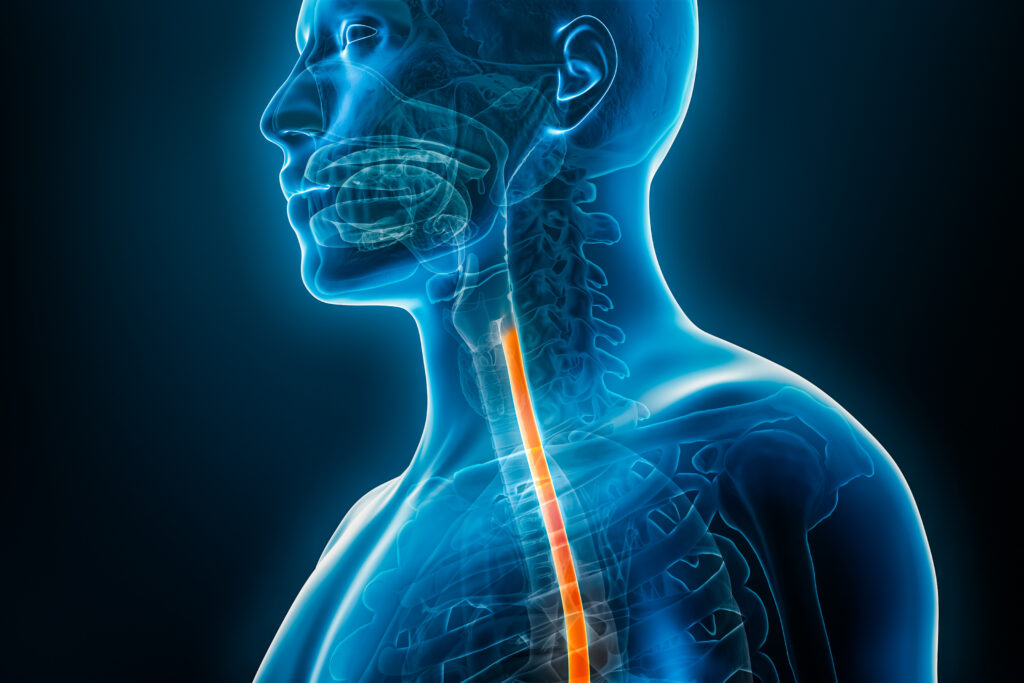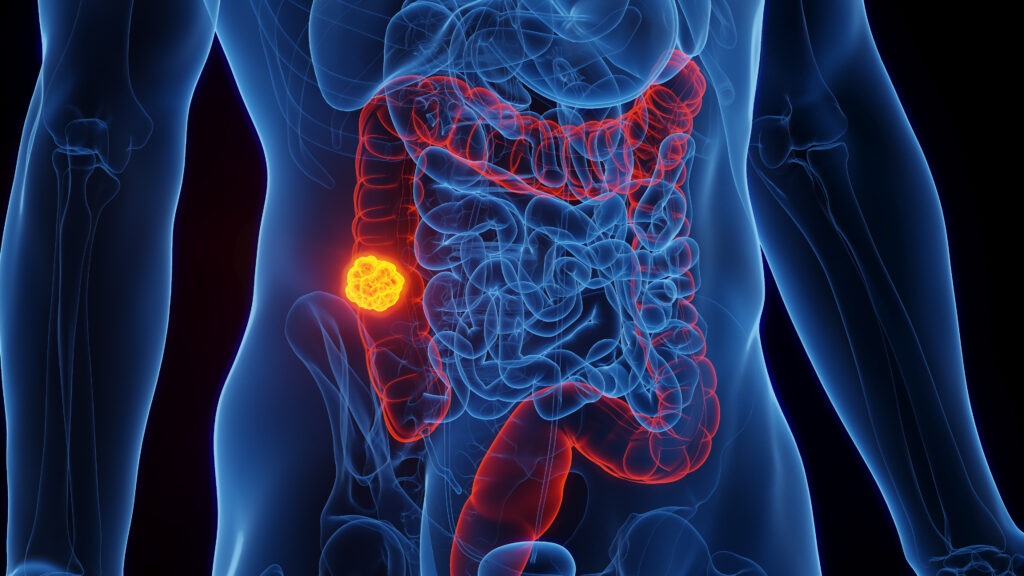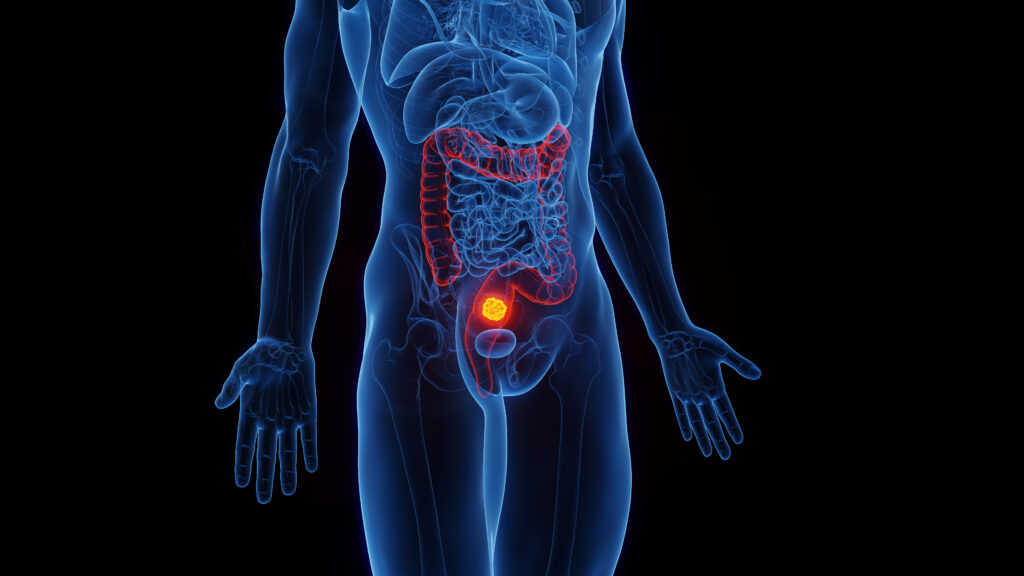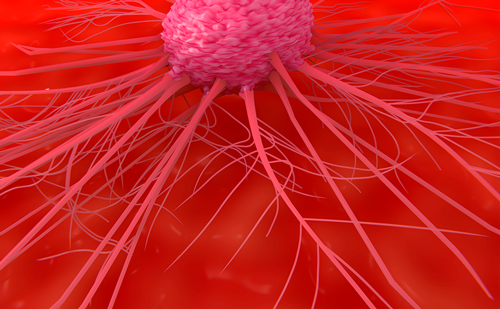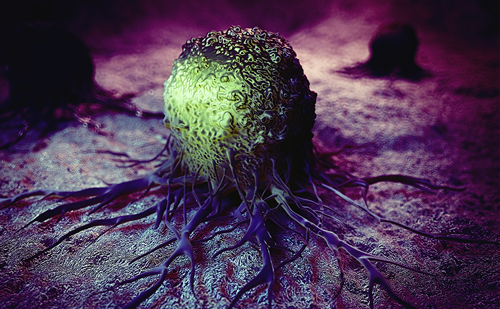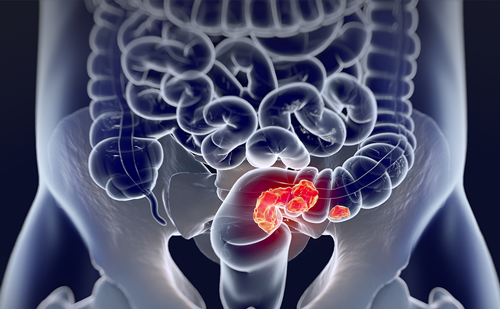Welcome to the summer edition of European Oncology & Haematology. The COVID-19 pandemic has had a devastating impact on cancer and other illness care. In addition to the heightened susceptibility of patients with cancer to infections, lockdown has resulted in delayed screening and reduced treatment of early-stage disease. However, things are starting to move in the right direction and the articles in this issue highlight recent advances and provide reason for optimism.
This edition begins with an editorial, from Ammad Ud Din et al., on the use of thromboprophylaxis for the treatment of hospitalised patients with COVID-19 in Pakistan. There then follows a second editorial from the same author exploring barriers to the widespread use of luspatercept, which has recently been approved for use in the USA for the treatment of anaemia in adult patients with beta-thalassaemia, who require regular red blood cell transfusions. The approval of luspatercept is an important breakthrough that will significantly improve quality of life for people living with this very demanding disease.
Advances in molecular biology have transformed the treatment landscape of advanced non-small-cell lung cancer (NSCLC). Anaplastic lymphoma kinase (ALK) inhibitors have also shown efficacy in brain metastases, which are a common occurrence in NSCLC. In an editorial, Hendriks et al. describe the latest clinical evidence for the efficacy of ALK inhibitors in central nervous system metastases.
This issues features four review articles, which encompass some of the most common malignancies worldwide. De Almeida Leite et al. describe the current and emerging applications of regorafenib, which is approved for the treatment of colorectal cancer, hepatocellular carcinoma and gastrointestinal stromal tumours; and has also shown promising efficacy in glioblastoma, osteosarcoma and gastric adenocarcinoma. Sawada et al. discuss the development of HER2-targeted therapies in gastrointestinal cancer, following their success in breast cancer therapy. De Toma et al. review the evidence in favour of the use of combined immune checkpoint inhibitors and platinum-based chemotherapy as first-line treatment in metastatic NSCLC. Finally, Randhawa and Jones provide an overview of the use of immunotherapy in advanced prostate cancer.
European Oncology & Haematology would like to thank all authors who contributed their expertise to this edition. A special thanks goes to our Editorial Board members for their continuing support and guidance. We are also grateful to all organisations and society partners for their ongoing support. We hope that these articles prove thought-provoking and useful to you. Finally, we hope you all stay safe and well during these difficult times. 



